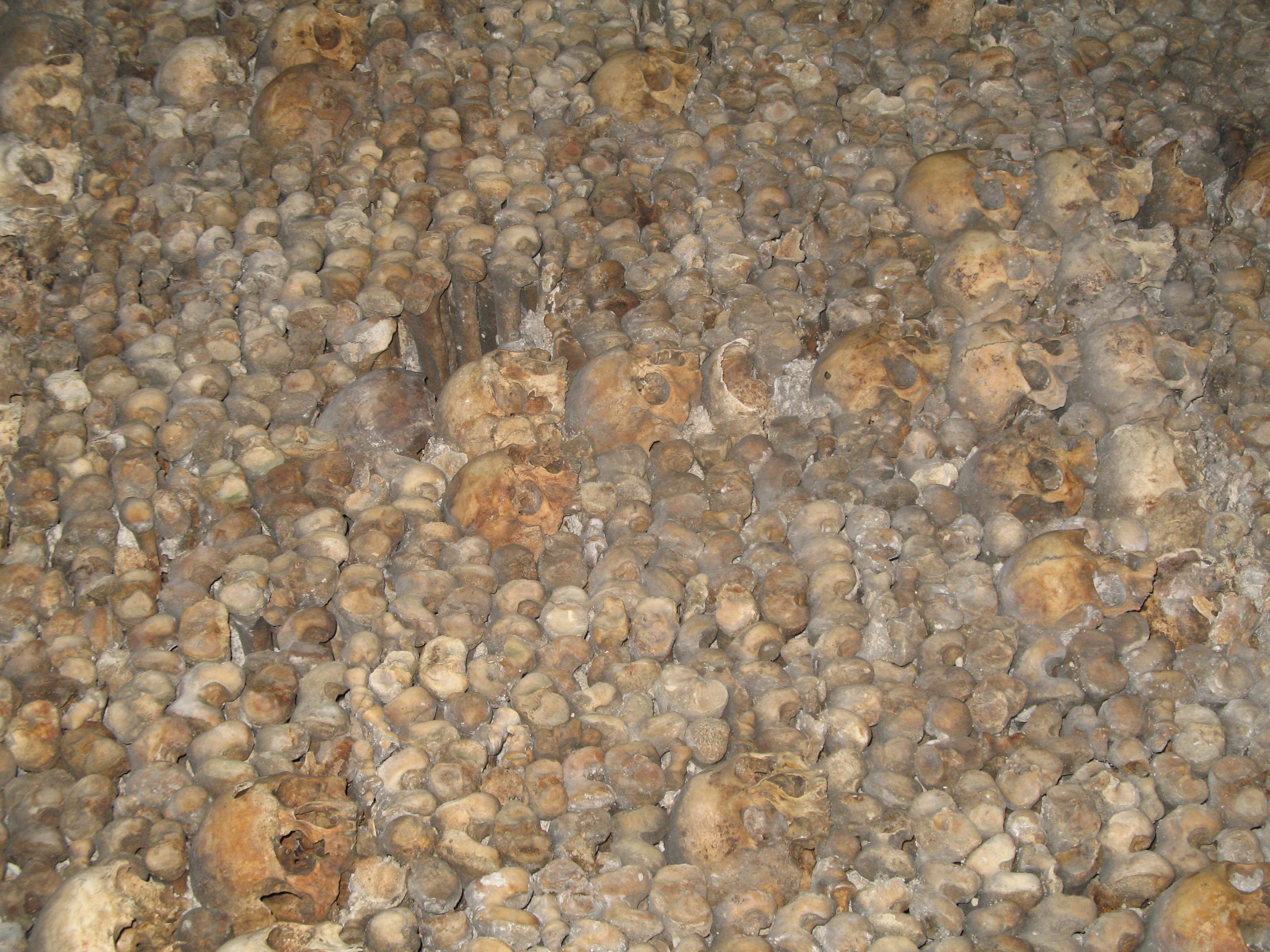z  Forensic anthropology is, by definition, the application of knowledge from the sphere of biological anthropology to the legal process. While the identification of skeletal evidence with regard to sex, age and ancestry, as well as the analysis of the cause of death and postmortem history of the osteological remains is of significant import for the legal system, these analyses are invaluable for a range of anthropological inquiry. Skeletal evidence is an essential component in understanding both the archeological and paleoanthropological record. For the former, it can provide indications of prehistoric custom, diseases and demographics. For the latter, fossilized bones are typically the main source of data and every aspect is gleaned for clues that can help to reconstruct the appearance and behavior of human ancestors. As such, forensic anthropology is a vital area of inquiry and one of the fastest growing areas of the discipline.
Forensic analysis has also caught the attention of the public through popular programming on both cable stations (PBS and the Discover Channel) and network television and student interest in this field has never been greater. This fascination is far from limited to those in the spheres of anthropology and medicine. At present, the only course that touches on this subject is the year-long graduate level, Human Skeletal Biology [G4147-4148]. While that class does cover aspects of sexing the skeleton, it is not a primary focus nor does it cover in depth most of the core elements in skeletal identification such as aging, estimating stature, dental analysis, and critically, pathology. This course fills that need.
This class will be an intellectually central course for undergraduates majoring in biological anthropology within the Department of Ecology, Evolution and Environmental Biology [EEEB], which has taken over the development and management of this part of the undergraduate curriculum. It will also attract enrollment from students in anthropology, archeology, biology, those who intend to attend medical or law school and any student interested in learning more about the mysteries of their own bodily framework.
|

